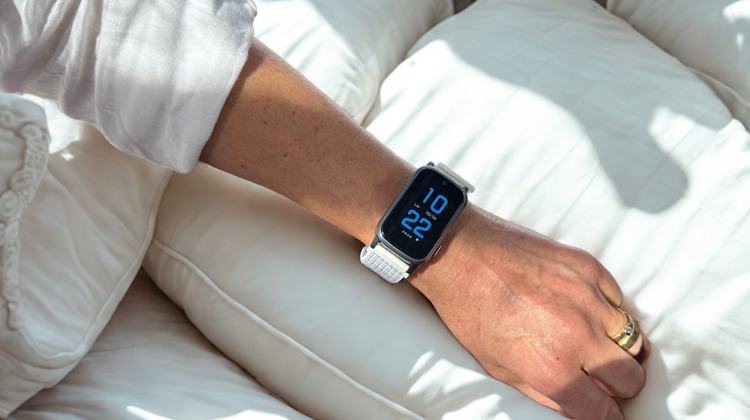How Do Symptoms Differ Between Types of Dementia?
Different types of dementia affect the brain in different ways. Alzheimer’s often causes memory loss, vascular dementia impairs planning ability, FTD changes personality, and Lewy body dementia causes hallucinations and motor symptoms.
Overview of Dementia Types
Dementia is a collective term for diseases that affect the brain and impair memory, thinking, behavior, and the ability to manage daily life. However, symptoms can vary greatly depending on the type of dementia. Understanding these differences can help with diagnosis and support [1].
Alzheimer’s disease
Alzheimer’s disease is the most common type of dementia and is often characterized by [1][2]:
-
Gradual memory problems, especially difficulty remembering recent events.
-
Reduced sense of direction and trouble navigating familiar places.
-
Language problems, such as forgetting words.
-
Changes in mood and personality.
The disease develops slowly but progresses steadily over time.
Vascular dementia
Vascular dementia is the second most common type of dementia and is caused by damage to the brain’s blood vessels, often after a stroke or due to small vessel disease [1][3]. Typical symptoms include:
-
Sudden or stepwise decline.
-
Noticeable difficulties with concentration and planning.
-
Impaired problem-solving skills.
-
Sometimes relatively preserved memory in the early stages compared to Alzheimer’s.
Frontotemporal dementia (FTD)
Frontotemporal dementia (FTD) usually affects younger individuals (under 65) and impacts the frontal and temporal lobes [2]. Common symptoms include:
-
Changes in behavior and personality.
-
Reduced empathy and social skills.
-
Impulsiveness and poor judgment.
-
In some cases, early language difficulties.
Lewy body dementia
Lewy body dementia is a type of dementia with pronounced motor and visual symptoms [1][3]:
-
Visual hallucinations.
-
Parkinson-like movement difficulties.
-
Large fluctuations in alertness and attention.
-
Disturbed REM sleep.
Why the differences matter
Because different dementias cause different symptoms and progression patterns, treatment strategies, support, and care need to be adapted [1][3]. Early and accurate diagnosis increases the chances of getting the right aids, medications, and support services.
Sensorem’s personal alarm has GPS positioning, medication reminders and automatic fall alarm
Sensorem’s personal alarm is an example of a technical aid specially developed for people with dementia. The personal alarm works outdoors and has built-in GPS positioning so that relatives can see the user’s position on a map in the Sensorem app. Relatives are automatically called by the personal alarm (two-way communication) if the user leaves a predetermined geographical area. The personal alarm also has medication reminders, which means that the watch emits a sound and tells the user that it is time to take their medication. The personal alarm can also alert automatically in the event of a fall with the built-in fall sensor.
READ ABOUT HOW SENSOREMS PERSONAL ALARM CAN HELP WITH DEMENTIA
References
- Swedish National Board of Health and Welfare – Dementia Disorders and Cognitive Impairment
- Alzheimer Foundation Sweden – Different Types of Dementia
- Mayo Clinic – Dementia Types and Symptoms

